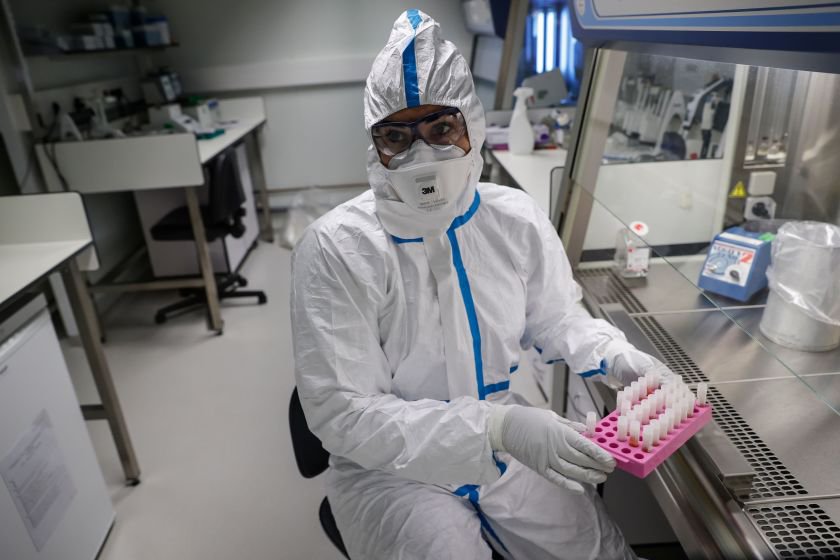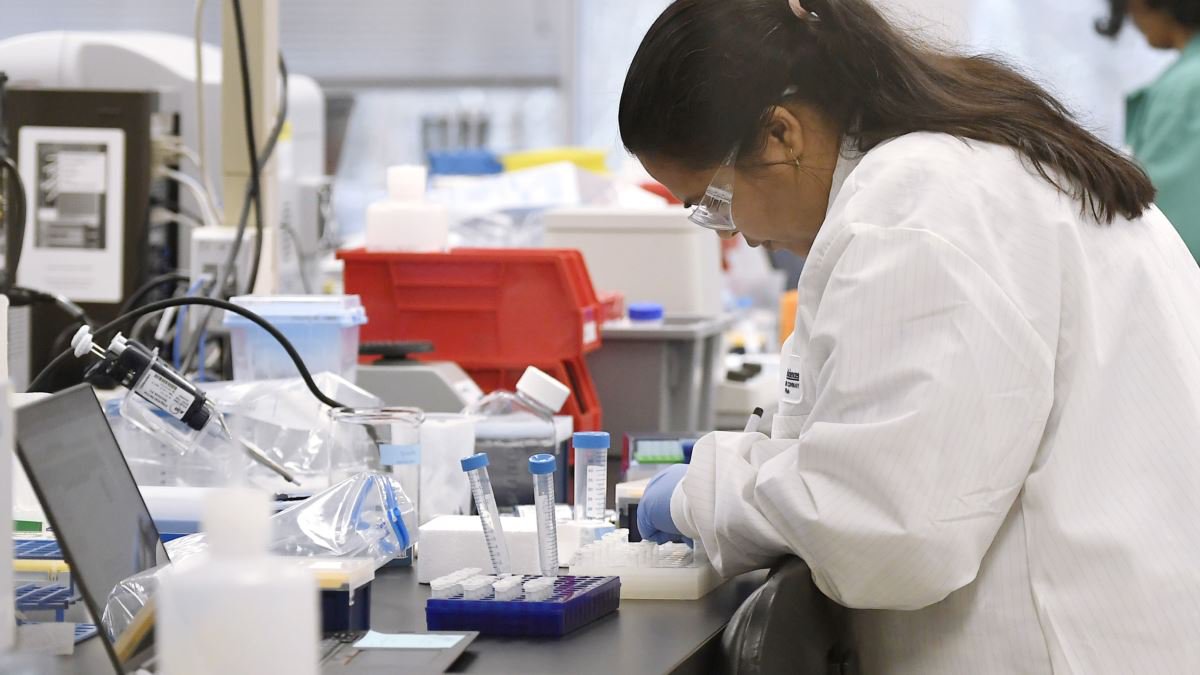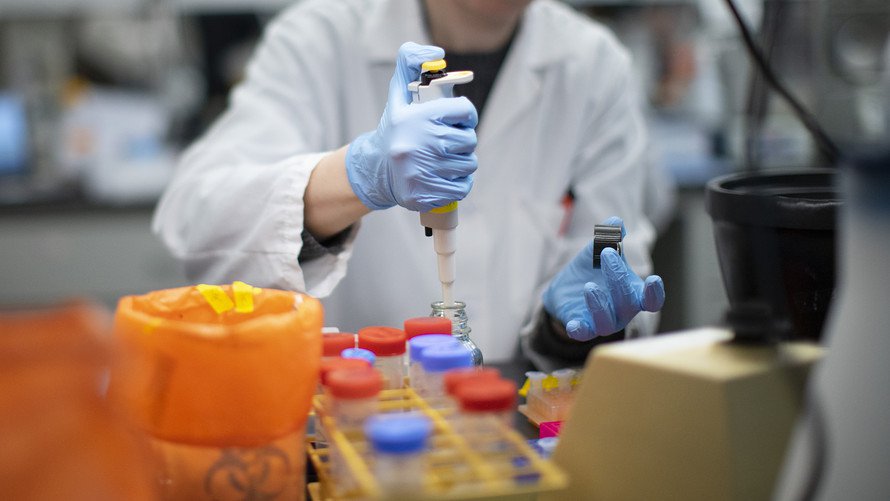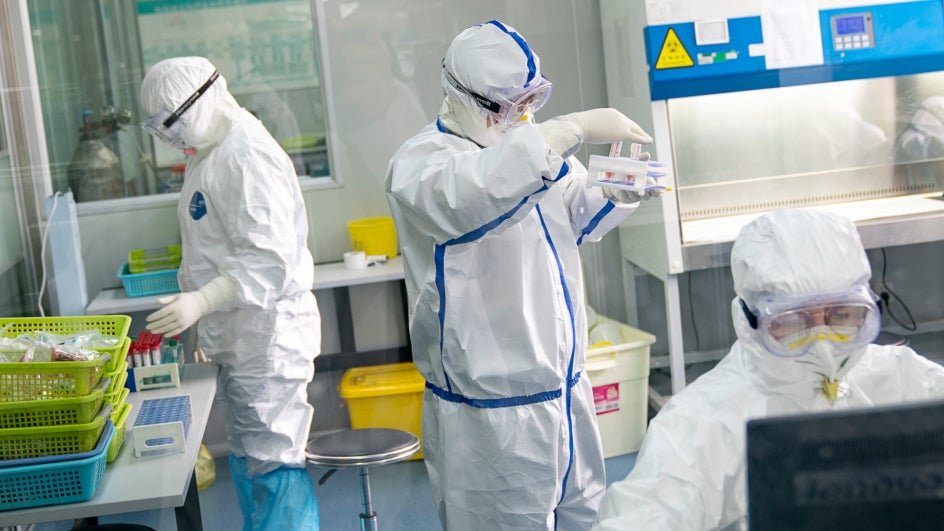Since its outbreak, the Novel Coronavirus has left the scientists baffled about its potential cure. After dozens of tests and research, the scientists realised the need to create vaccines which might be the only way to eradicate the virus.
While people in half the world are under lockdowns and self isolation, we are all just waiting for the vaccine to be ready.

Well, here’s good news. The scientist at the University of Pittsburgh School of Medicine on Thursday announced that the initial tests of a potential COVID-19 vaccine in mice delivered via a fingertip-sized patch have shown an immune response against the new coronavirus at levels that might prevent infection.
A team at the University of Pittsburgh School of Medicine in US mentioned that they were able to move quickly in developing a potential Covid-19 vaccine after having an idea of other coronaviruses that cause Severe Acute Respiratory Syndrome (SARS) and Middle East Respiratory Syndrome (MERS).

The study, published in the journal EBioMedicine, noted that when tested in mice, the PittCoVacc, a short for Pittsburgh Coronavirus Vaccine generated a surge of antibodies against the coronavirus, SARS-CoV-2, within two weeks of delivering it.
According to Andrea Gambotto, an associate professor at Pittsburgh, the two viruses, which are closely related to SARS-CoV-2, teach that a particular protein, called a spike protein, is important for inducing immunity against the virus. “We knew exactly where to fight this new virus.”

The potential vaccine uses a needle patch design, called a microneedle array, to increase its potential potency. This array is a fingertip-sized patch of 400 tiny needles made out of sugar and the spike protein. It is designed to deliver the spike protein pieces into the skin, where the immune reaction is strongest.
The scientists explained that the protein pieces are manufactured by a “cell factory” with layers upon layers of cultured cells engineered to express the SARS-CoV-2 spike protein which can be stacked further to multiply yield.

However, the scientists cautioned that since the testing is on the initial stage, animals have not been tracked for very long as yet. Hence, it is too early to comment on how long the immunity against the coronavirus would last.
But they speculated that tests in mice with their MERS experimental vaccine must have produced a sufficient level of antibodies to neutralize the virus for at least a year. The team said they hope to start testing the vaccine candidate on people in clinical trials in the next few months.

















